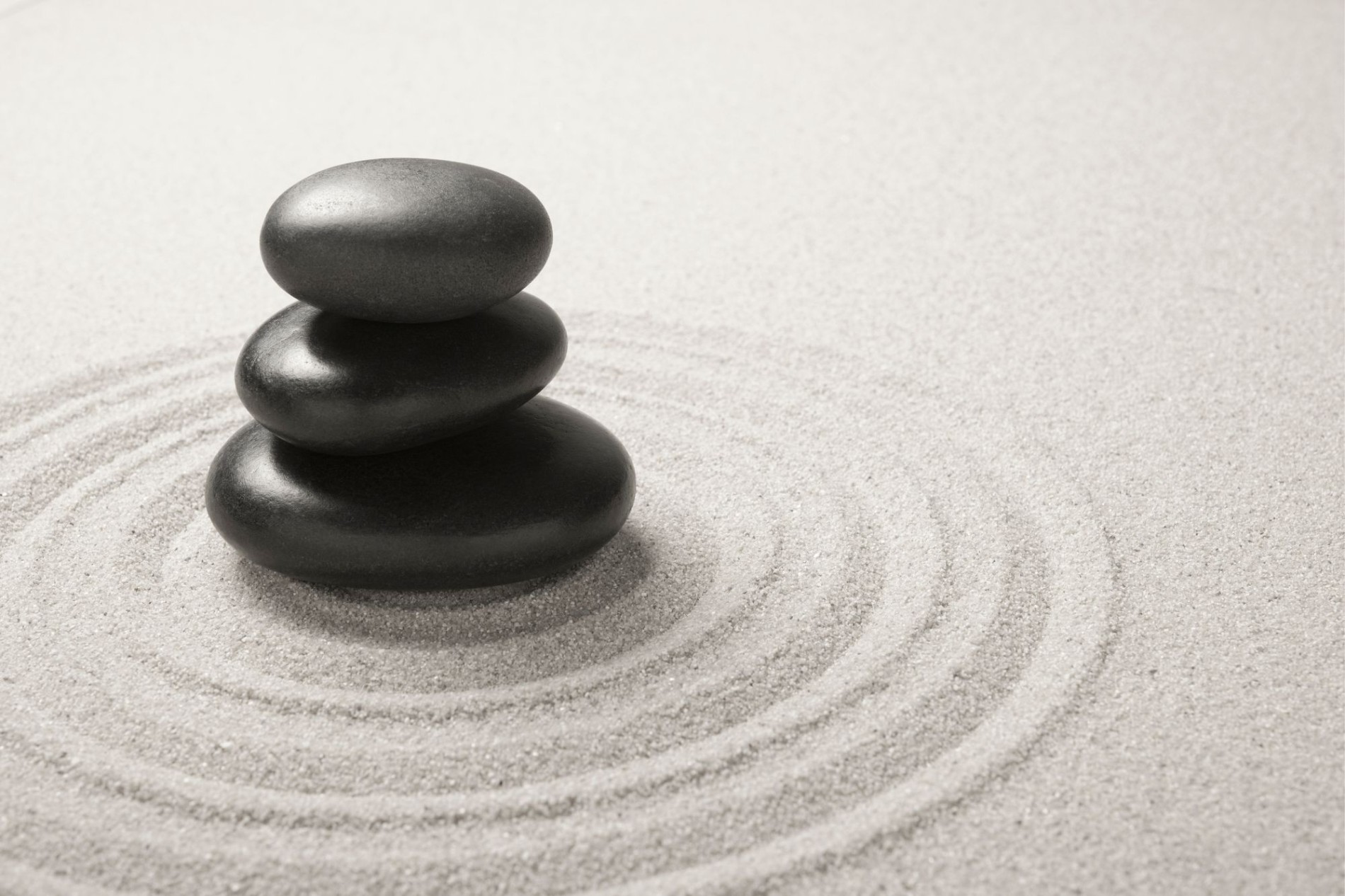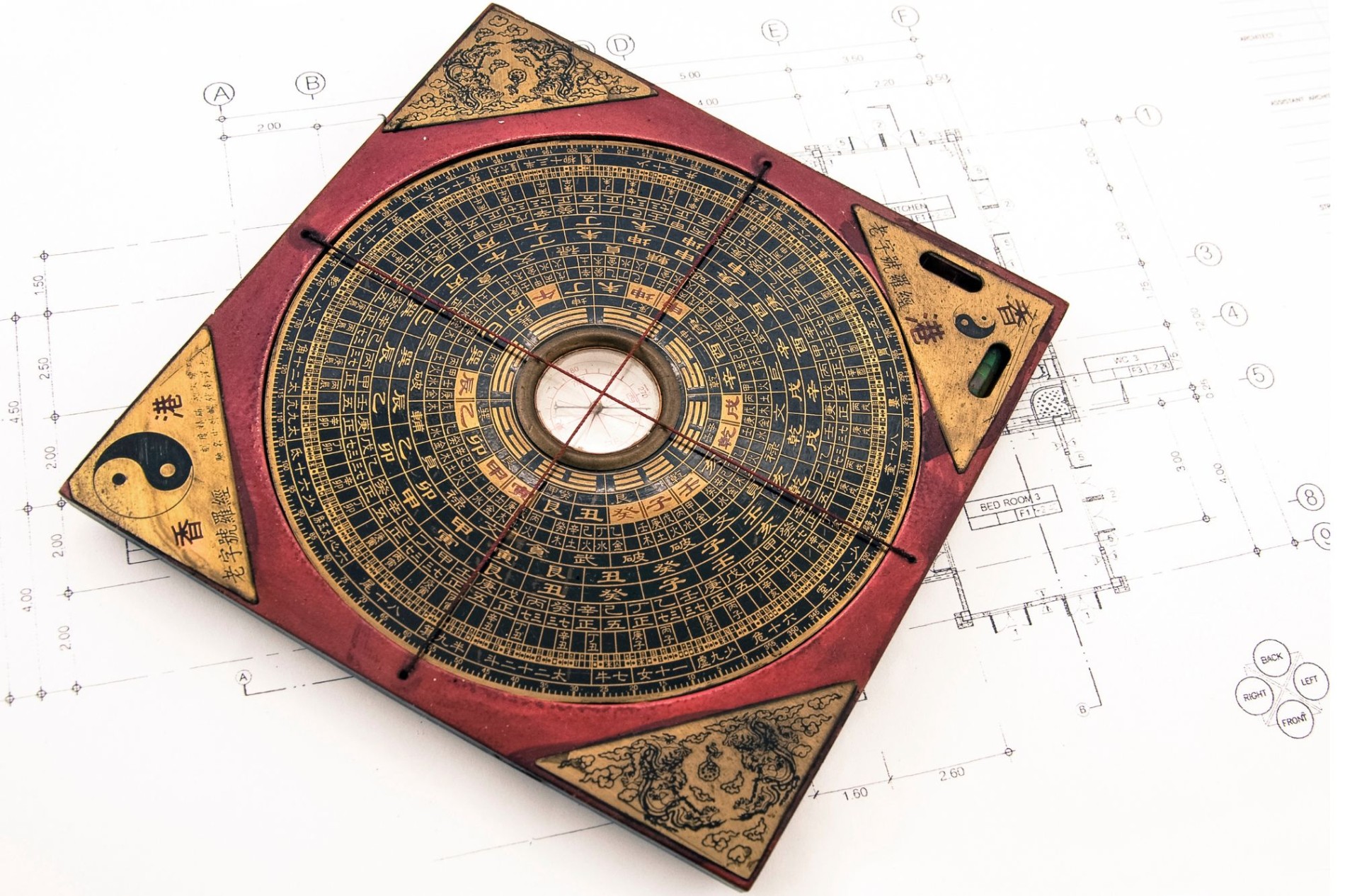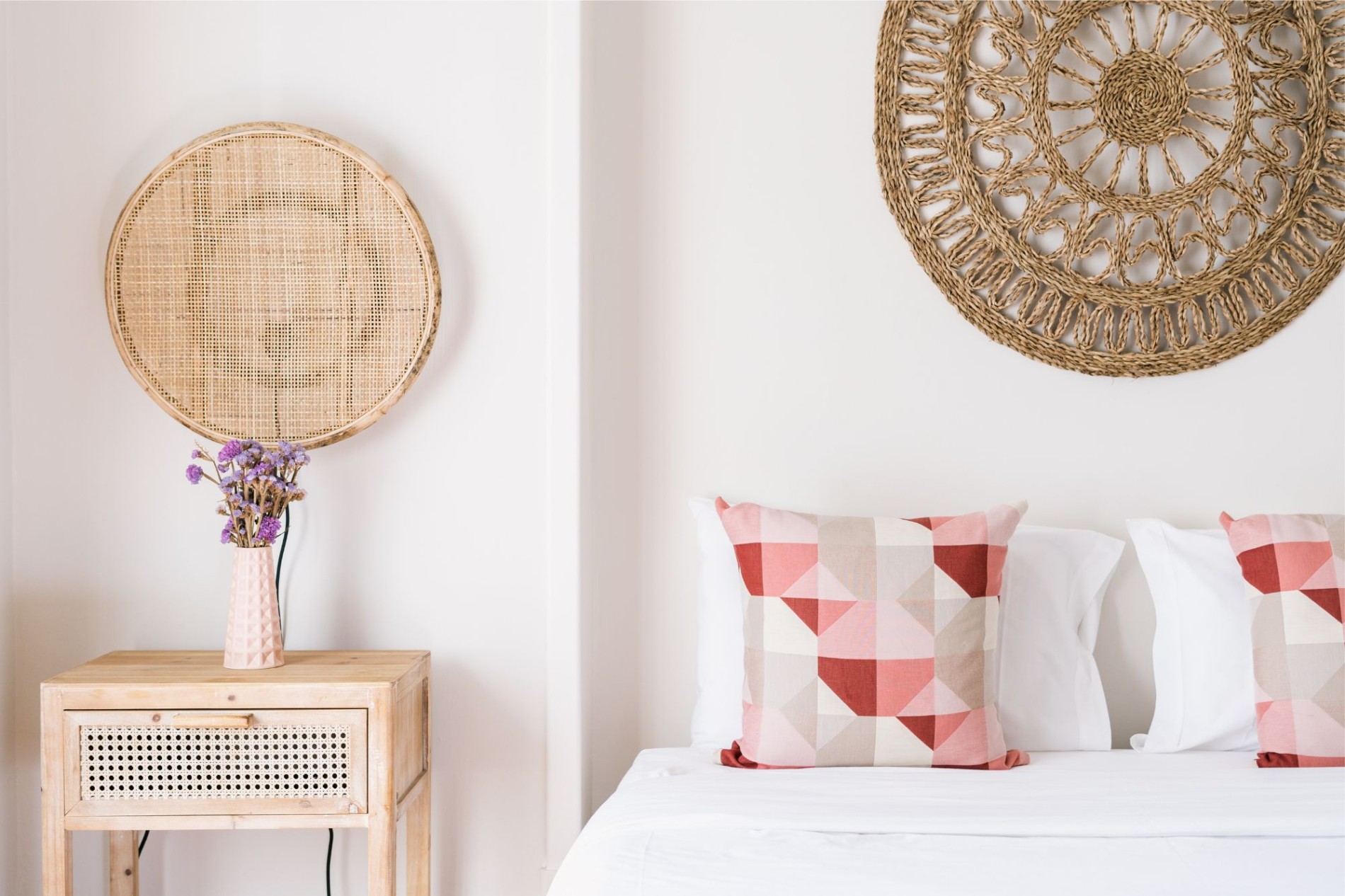FENG SHUI: WHAT IS THE PHILOSOPHY OF HARMONIOUS FURNISHING
16/04/2024

In a world increasingly crowded with design ideas and furniture trends, Feng Shui stands out as an ancient philosophy that goes beyond mere aesthetics and focuses on harmony and balance in living spaces.
However, it would be limiting to attribute the benefits of Feng Shui solely to the domestic context.
This popular discipline of Chinese origin aims to study, in a much broader framework, all existing interactions between humans and the environment, in order to help individuals develop greater well-being through a renewed relationship with their surroundings.
So, if you're looking for a way to improve the harmony and serenity of your daily life, you're in the right place.
In this article, we'll explore the meaning of Feng Shui and discover how it's possible, by embracing the principles of this Eastern philosophy of balance, to positively influence the way you live in the house of your dreams.

Origins and Principles of Feng Shui
The term "Feng Shui" consists of two Chinese words: "Feng," which means wind, and "Shui," which means water.
These two natural forces are considered essential for life, and according to Chinese philosophy, they must flow in harmony to ensure well-being and prosperity.
The philosophy of Feng Shui has its roots in ancient Chinese culture and is based on the observation of energetic flows present in the surrounding environment, which in turn determine some key principles for the arrangement of living spaces:
- Flow of energy: According to Feng Shui, energy, or "chi," must flow freely through spaces to promote health and well-being. Obstacles to energy flow, such as cluttered furniture or sharp corners, can create energetic blocks and negatively influence the lives of the inhabitants of a property. It is therefore important, according to Feng Shui logic, that the indoor environment of a home is arranged harmoniously and orderly, allowing positive energy to flow freely.
- Balance of Yin and Yang: The concept of Yin and Yang represents two complementary forces in nature, such as day and night, hot and cold. In Feng Shui, it is important to maintain a harmonious balance between these two opposing energies within living spaces to promote stability and tranquility. Balance in Feng Shui is found both in the arrangement of interior spaces and in the furnishings or arrangement of objects, for example.
- Position and orientation: The arrangement and orientation of buildings and interior spaces are also considered crucial in Feng Shui. For example, a south-facing house is often considered an excellent real estate investment because it receives more sunlight and positive energy.
- Materials and colors: Feng Shui takes into account the materials and colors used in interior decoration. Some materials, such as wood and stone, are considered more harmonious than others, while colors can influence the mood and energy of the inhabitants. Calm colors predispose the occupants to a relaxed atmosphere, bright colors enliven passion and strong feelings, and so on.

Practical Application of Feng Shui
Although Feng Shui may seem complex, there are many practices that anyone can adopt to improve the harmony and balance of their home by following the principles of this now-popular living philosophy.
Among the practical applications of Feng Shui that can be easily adopted in everyday life are:
- The Bagua map: Bagua is a symbolic scheme that allows mapping every area of a house and identifying spaces that correspond to different aspects of your life, such as career, love, and health. In Feng Shui philosophy, the use of a Bagua map helps to focus on those areas of life where there is a greater need for change or where one desires to have a particular impact, and which correspond to the different environments of a house.
- Clutter elimination: Keeping spaces clean and tidy is a fundamental practice in Feng Shui, as well as something that can be done with utmost simplicity. Removing clutter and freeing spaces from unnecessary objects promotes positive energy flow, improves mood, and the sense of control.
- Introduction of plants and natural elements: Plants and natural elements, such as stones and wood, according to Feng Shui, can improve the energy of a home and contribute to creating a more relaxing and regenerating environment. So, feel free to incorporate plants and decorative elements, not only when preparing the house for a photo shoot.
- Optimization of light and air: Ensuring that your home is well-lit and well-ventilated finally promotes the flow of positive energy, which contributes to relaxation of both mind and body. Another practice easily applicable once known.
In Conclusion
Feng Shui is therefore much more than a mere design trend; it is a philosophy that promotes harmony and balance within living spaces.
By integrating the principles of Feng Shui into your home, you can create an environment that fosters well-being and prosperity for you and your family.
And if you're looking for some advice on how to apply Feng Shui principles to your home, a well-established real estate agency will surely be able to recommend experts in this particular discipline as well as the latest trends in furniture or outdoor solutions to turn your home into a true oasis of tranquility and peace.
If you're considering buying or selling a house, contact us to schedule an appointment.
Read the other news:
- LIVING THE COLLINA D’ORO BETWEEN COMFORT, NATURE, AND INTERNATIONAL PRESTIGE
- PENTHOUSE IN BISSONE: A PEACEFUL OASIS OVERLOOKING LAKE LUGANO
- MORTGAGE RATES ARE FALLING: A GREAT OPPORTUNITY TO BUY PROPERTY IN SWITZERLAND
- COMMERCIAL REAL ESTATE IN LUGANO: A STRATEGIC INVESTMENT OPPORTUNITY
- WHY THE REAL ESTATE MARKET IN TICINO REMAINS RESILIENT IN EVERY MARKET CONDITION
- WINDOWS AND ENERGY EFFICIENCY: WHEN IT MAKES SENSE TO REPLACE YOUR FRAMES
- COMMERCIAL RELOCATION: MOVING YOUR BUSINESS TO TICINO, WHY IT MAKES SENSE AND HOW TO DO IT
- REAL ESTATE VALUATION IN TICINO: WHAT DETERMINES PROPERTY PRICES?
- YOUR HOME IN TICINO: A GATEWAY TO ITALY AND EUROPE
- IDEAS FOR TRANSFORMING YOUR INTERIOR: DESIGN TIPS TO ENHANCE YOUR HOME
- RESIDENTIAL RELOCATION: LIVING AND WORKING IN LUGANO, THE PERFECT CHOICE FOR A FRESH START
- HOUSEPLANTS: HOW TO CHOOSE THE RIGHT ONES TO CREATE THE PERFECT ATMOSPHERE



